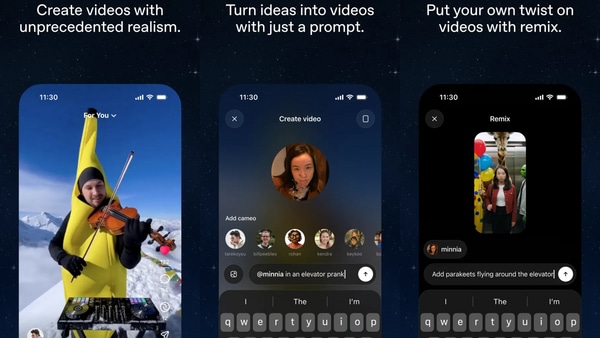Key Takeaways
- OpenAI suspends Martin Luther King Jr. depictions in Sora following estate request
- New ethical guardrails being developed for historical figures in AI
- Sora 2 update introduces longer videos and storyboard features
OpenAI has paused the generation of Martin Luther King Jr.’s likeness in its Sora video platform after the civil rights leader’s estate raised concerns about disrespectful depictions. The decision came following collaborative discussions between OpenAI and The Estate of Martin Luther King, Jr., Inc.
In an October 17 statement, OpenAI confirmed it was strengthening guardrails for historical figures at the estate’s request. The company acknowledged that while there are “strong free speech interests” in portraying historical figures, it believes public figures and their families “should ultimately have control over how their likeness is used.”
Ethical AI Representation
The move highlights growing ethical debates around generative AI and digital likeness rights. OpenAI expressed gratitude to Dr. Bernice A. King, who represented the estate, along with John Hope Bryant and the AI Ethics Council for facilitating dialogue on ethical representation.
Authorized representatives or estate holders can now formally request that their likeness not be used in Sora’s cameo generations, establishing a precedent for how AI companies might handle similar cases in the future.
Sora Platform Updates
Separately, OpenAI rolled out significant updates to its Sora video-generation platform. Pro users can now access “storyboards” directly via the composer on the web platform, providing a more visual and structured approach to content planning.
The Sora 2 update enhances video generation capabilities for all users. Standard users can create videos up to 15 seconds long across both app and web versions, while Pro users gain extended flexibility with 25-second videos through the web platform.




